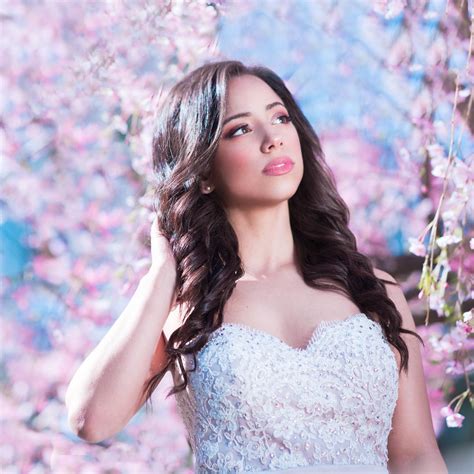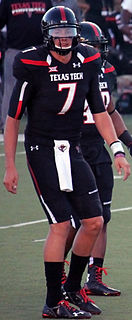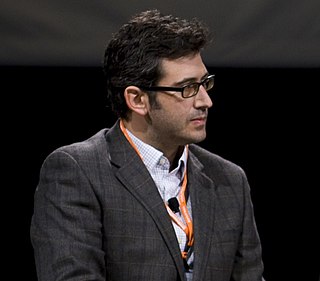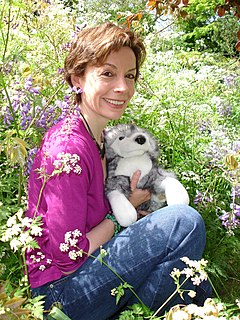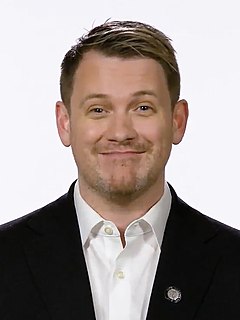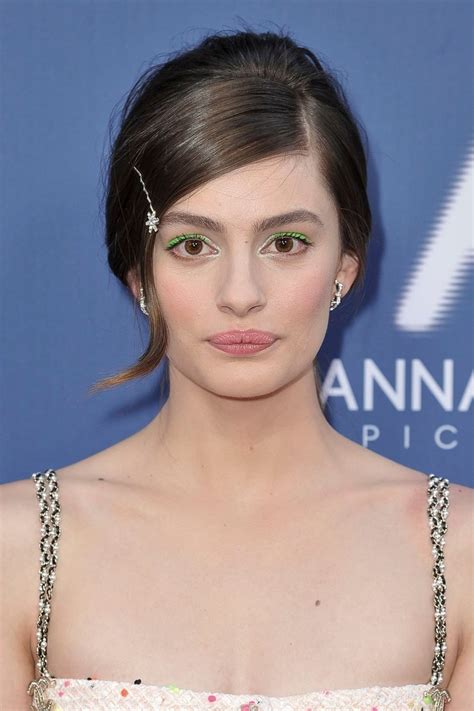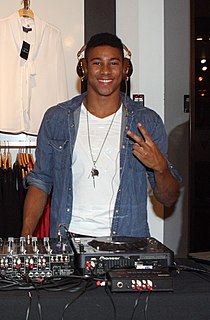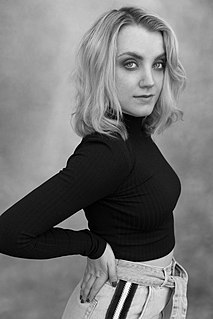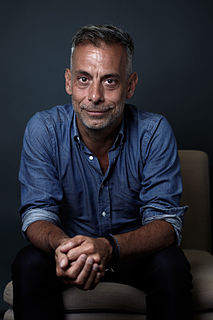A Quote by Kiana Madeira
It's weird being with actors in a room and knowing, 'Only two of us are going to get these roles.'
Related Quotes
These are the only two situations possible, and you are in the sad situation. Everybody may know about you - who you are - but you yourself are completely oblivious of your transcendence, of your real nature, of your authentic being. This is the only sadness in life. You can find many excuses, but the real sadness is this: you don't know who you are. How can a person be happy not knowing who he is, not knowing from where he comes, not knowing where he is going? A thousand and one problems arise because of this basic self-ignorance.
Film just chews up actors like nobody's business, and I'm not particularly interested in being chewed up. I think the camera can only look at somebody's face for so long. I guess you have to accept the roles you think are right at the time. You can build a career, but these days there doesn't seem to be that much interest in people being actors.
There still aren't enough[ roles for women of color]. And I'd say that's the case, not only for African-American women, but for all women in the Hollywood game. It's just slim pickings, and a very challenging time for us. I think that's why more of us need to work our way behind the camera in order to create roles that really illuminate who women are. We still have room for growth in that area, without a doubt.
I try and shoot as often as I can, I cross shoot. I have at least two cameras rolling at the same time. So I'll have two actors or two sets of actors at a time so everybody's basically on camera. So when they improvise we have everybody's coverage. And you can then go in the editing room and find the energy still stays there.
I think, in general, straight actors should be able to play queer roles just as much as queer actors should be able to play straight roles. I think the reason why the debate is there is because we haven't had enough queer actors being cast in anything. People are in need of that representation in general.
You can't create chemistry. In fact, the chemistry between two actors is for people to see, sense, and judge. The only thing we can do as actors is to come on board individually because we feel the same kind of passion for a script and for a director to cast us because he feels that, as actors, we'll do justice to that part.
About 200 girls went into a room and there were two casting agents and they asked you to say your name and where you came from and then they picked two or three out of that. And they sent you into a room and I was really nervous and kept dropping things and I was going the wrong way and everything. Then she gave us a script and you had to learn it.
